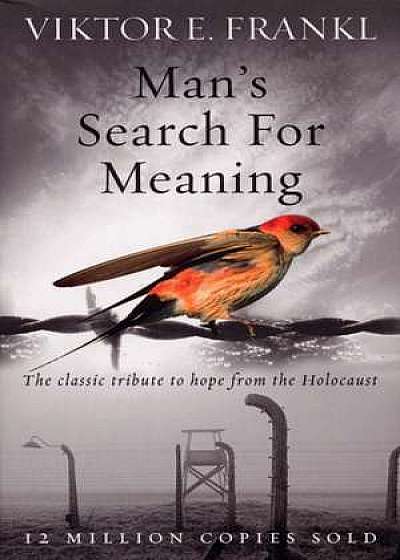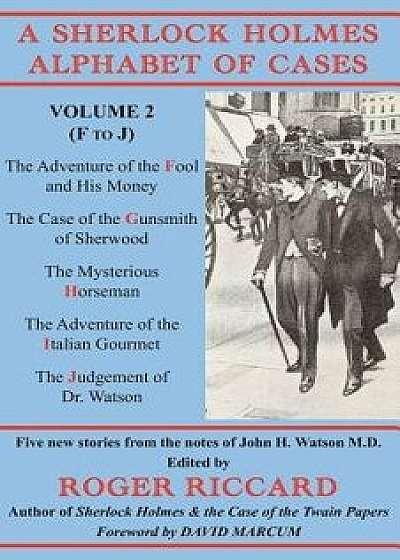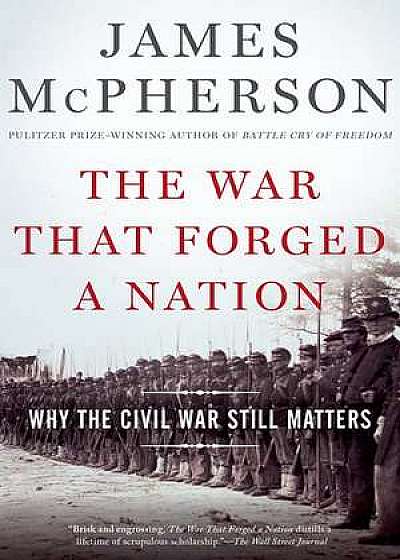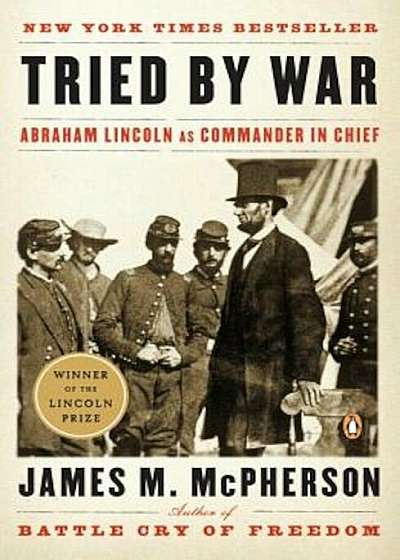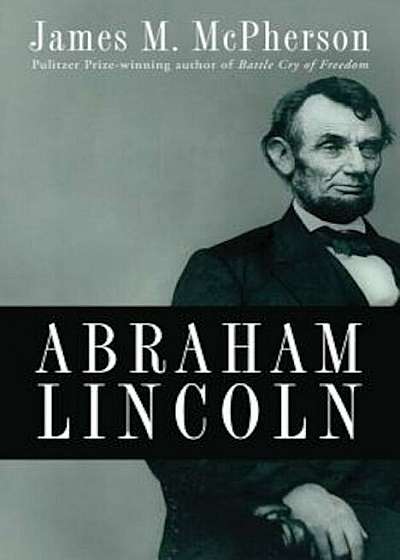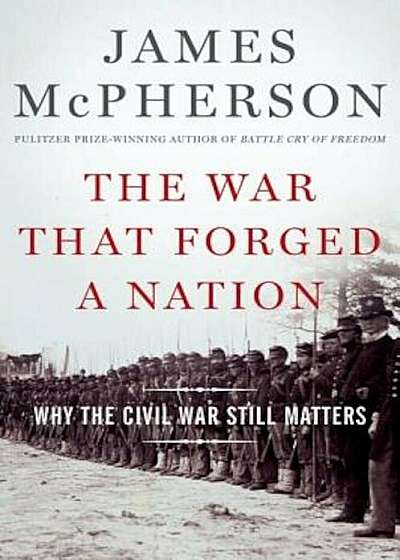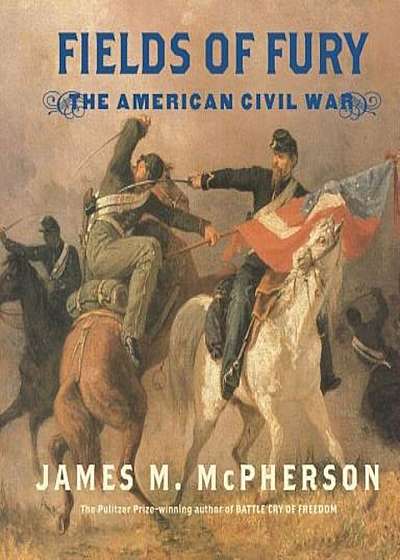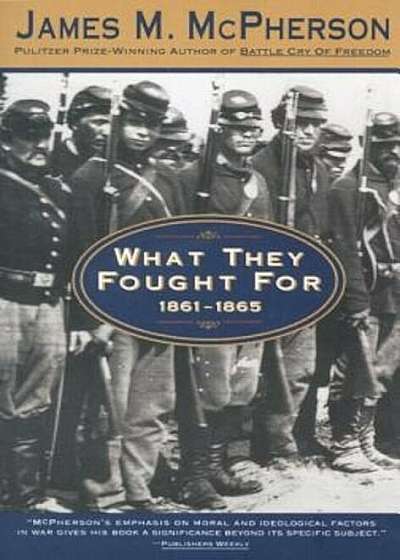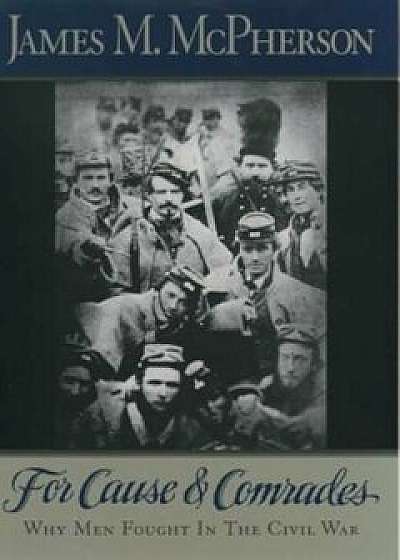
For Cause and Comrades: Why Men Fought in the Civil War, Paperback/James M. McPherson
Descriere
General John A. Wickham, commander of the famous 101st Airborne Division in the 1970s and subsequently Army Chief of Staff, once visited Antietam battlefield. Gazing at Bloody Lane where, in 1862, several Union assaults were brutally repulsed before they finally broke through, he marveled, "You couldn't get American soldiers today to make an attack like that." Why did those men risk certain death, over and over again, through countless bloody battles and four long, awful years ? Why did the conventional wisdom -- that soldiers become increasingly cynical and disillusioned as war progresses -- not hold true in the Civil War? It is to this question--why did they fight -- that James Mc Pherson, America's preeminent Civil War historian, now turns his attention. He shows that, contrary to what many scholars believe, the soldiers of the Civil War remained powerfully convinced of the ideals for which they fought throughout the conflict. Motivated by duty and honor, and often by religious faith, these men wrote frequently of their firm belief in the cause for which they fought: the principles of liberty, freedom, justice, and patriotism. Soldiers on both sides harkened back to the Founding Fathers, and the ideals of the American Revolution. They fought to defend their country, either the Union--"the best Government ever made"--or the Confederate states, where their very homes and families were under siege. And they fought to defend their honor and manhood. "I should not lik to go home with the name of a couhard," one Massachusetts private wrote, and another private from Ohio said, "My wife would sooner hear of my death than my disgrace." Even after three years of bloody battles, more than half of the Union soldiers reenlisted voluntarily. "While duty calls me here and my country demands my services I should be willing to make the sacrifice," one man wrote to his protesting parents. And another soldier said simply, "I still love my country."

